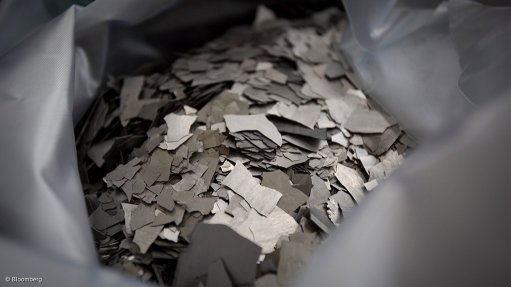
The US Department of Defense (DoD) has moved to assess the country’s domestic industrial capability in critical materials for use in defence and essential civilian applications, as the trade spat with the world’s largest rare-earth nation continues.
With China supplying about 80% of the world’s rare earth elements (REE) and the US defense industry’s heavy reliance on the Asian giant’s rare earth resources for military technology, national security concerns have been raised.
In a request for information (RFI), which closed at the end of July, the DoD sought to establish the country’s capacity to sustain sources of supply for separation and processing of light rare-earth elements and heavy rare-earth elements.
The department will use the information gathered to propose recommendations for a healthy manufacturing and defence industrial base, including potential government investment in relevant projects.
The Defense Production Act includes Canada as a domestic source, which means that Vancouver-based Medallion Resources qualified to respond to the RFI.
TSX-V-listed Medallion said on Tuesday that it had put forward its monazite sand by-product processing approach as a route to achieving near-term North American production of REE.
Monazite sand is available as a by-product from heavy mineral sands mining operations and is recognised by the US Geological Survey as an important commercial source of REEs.
The company reported that the Saskatchewan Research Council (SRC) had successfully concluded the final major testwork programme for its REE extraction process.
“This programme’s key work, conducted by the SRC, was to produce and analyse different waste streams from additional ‘crack and leach’ tests on our monazite sand feedstock,” said Medallion metallurgist Kurt Forrester.
"We are now engaging processors, waste management and transportation groups to determine disposal options and costs. This fits with our recently announced plans to commission trade-off studies investigating suitable North American sites for our proposed plant including transportation costs related to feedstock, re-agents and waste material."
Medallion has received funding from the federal government through the National Research Council of Canada Industrial Research Assistance Program in support of this programme.